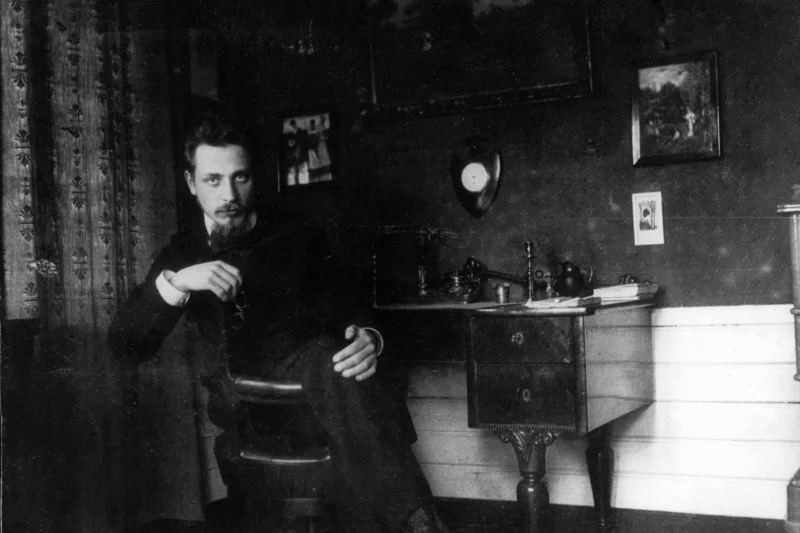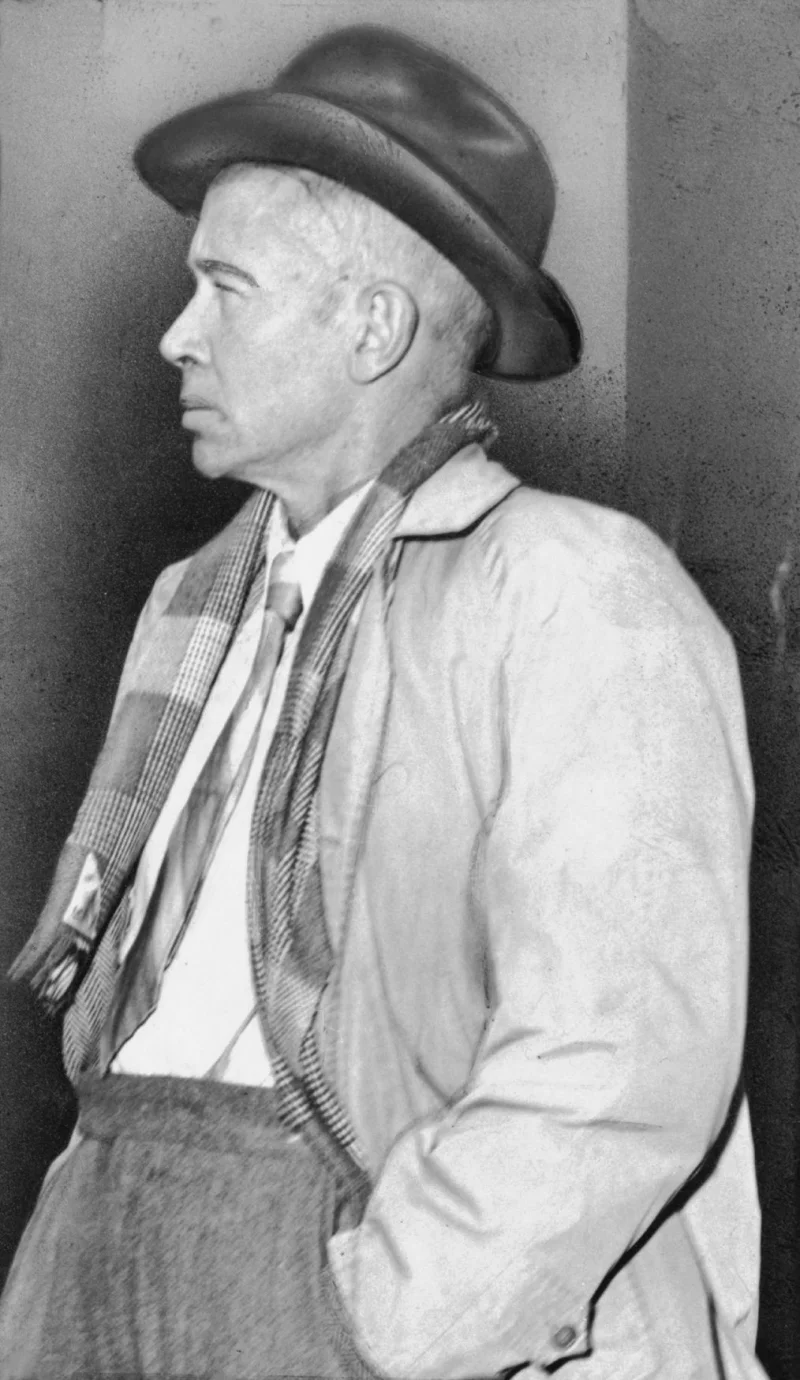Short Summary
Rainer Maria Rilke was an Austrian poet and novelist, renowned for his profound and lyrical poetry that captures the complexities of existence and the human condition. He is best known for works such as "The Duino Elegies" and "Sonnets to Orpheus." Rilke's writings have significantly influenced modern literature, making him one of the most important figures in early 20th-century poetry.
Early Life & Education
Rainer Maria Rilke was born on December 4, 1875, in Prague, then part of the Austro-Hungarian Empire. His parents, Josef Rilke, a railway official, and Sophie Entz, separated when he was young. Rilke's early education was at military academies, which he found oppressive and unsuitable. He later attended the Charles University in Prague, where he studied literature, art history, and philosophy, fostering his passion for poetry and writing. His education and travels across Europe exposed him to various cultural and intellectual influences, shaping his distinctive literary voice.
Career Highlights
Rilke's literary career began with the publication of his first collection of poems, "Leben und Lieder," in 1894. In 1902, he moved to Paris, where he met the sculptor Auguste Rodin, who had a profound impact on his work. During this period, Rilke published "The Book of Hours" and "The Book of Images," which established his reputation as a poet. His later works, "The Duino Elegies" and "Sonnets to Orpheus," are considered masterpieces of modernist literature, showcasing his thematic exploration of existentialism and spirituality.
Major Achievements
- Published "The Book of Hours," a seminal work that established his poetic style.
- Created "The Duino Elegies," a landmark in modernist poetry that explores existential themes.
- Authored "Sonnets to Orpheus," blending mythological and spiritual elements in poetry.
- Influenced modern literature with his innovative and introspective approach to poetry.
Famous Quotes
- "The only journey is the one within."
- "Perhaps all the dragons in our lives are princesses who are only waiting to see us act, just once, with beauty and courage."
Interesting Facts
- Rilke initially pursued a military career before turning to literature.
- He had a close friendship with the sculptor Auguste Rodin.
- Rilke's work is often characterized by its exploration of existential and spiritual themes.
- His correspondence with the young poet Franz Xaver Kappus resulted in the influential book "Letters to a Young Poet."
- Rilke was fluent in several languages, including German, French, and Russian.
Legacy / Influence
Rilke's legacy endures in his profound impact on modernist poetry and literature. His exploration of existential themes and innovative use of language have influenced countless poets and writers. His works continue to be studied and celebrated for their introspective depth and lyrical beauty, cementing his place as one of the most significant poets of the 20th century.
FAQ
Q: Why is Rainer Maria Rilke famous?
A: He is famous for his profound and lyrical poetry, particularly "The Duino Elegies" and "Sonnets to Orpheus," which have had a lasting influence on modern literature.
Q: What themes did Rilke explore in his works?
A: Rilke explored existential themes, spirituality, and the complexities of the human condition in his poetry.
Q: How did Rilke influence modern literature?
A: His innovative poetic style and introspective themes have inspired numerous poets and writers, contributing to the development of modernist literature.
Q: What is "Letters to a Young Poet"?
A: It is a collection of letters Rilke wrote to a young poet, offering guidance and insight into the creative process and the life of an artist.











